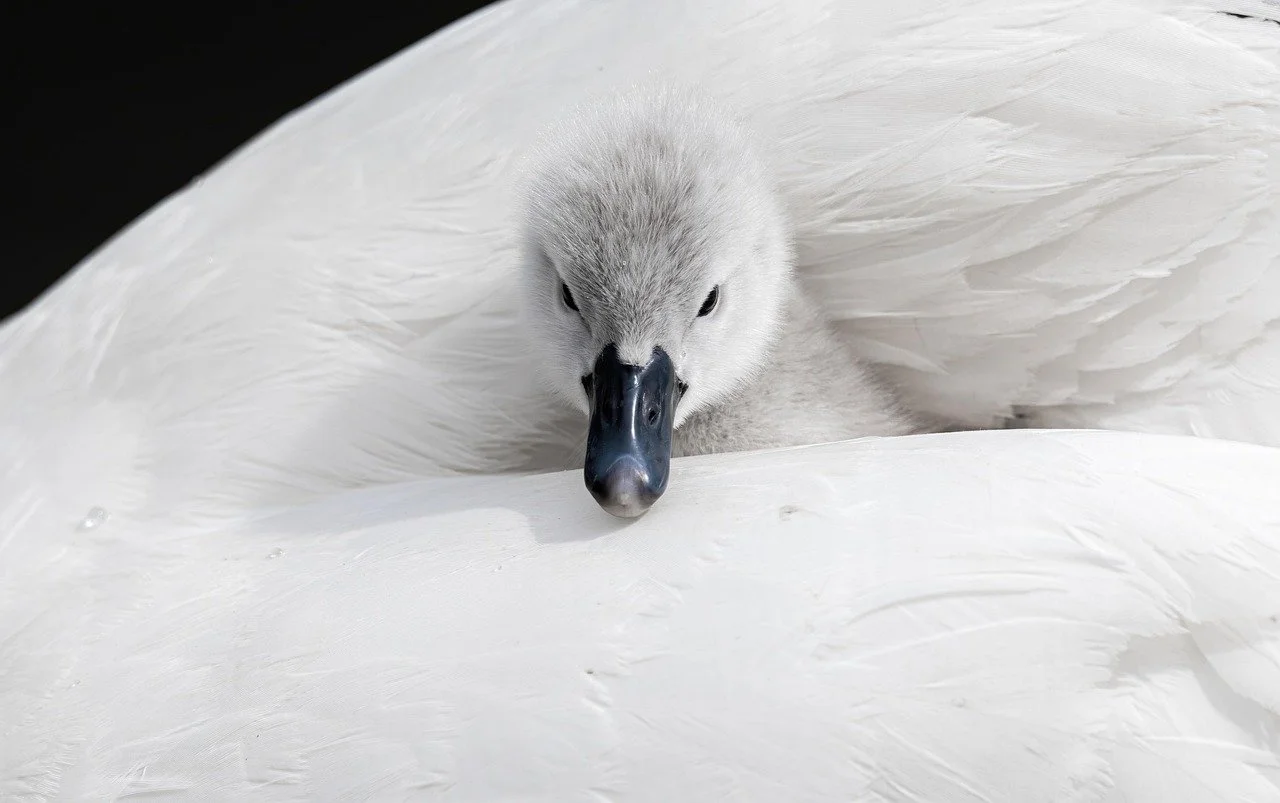Canada Senate passes bill to ban the keeping of elephants and great apes in captivity
The bill’s political support highlights a profound shift in attitudes towards keeping wild animals in captivity.
A bill which will ban the keeping of elephants and great apes in captivity has successfully passed Canada’s Senate.
Bill S-15 would also specifically ban the use of these species in circus-style shows, as well as elephant rides, which have controversially taken place in Ontario in recent years.
The proposed legislation will now need to pass the House of Commons to become law. If passed, it would mark the world’s first nationally legislated phase-out of elephant captivity.
Supporters of the bill say that protecting elephants and great apes from captivity in zoos and at animal performance venues is supported by scientists, animal welfare experts, and several of the country’s most prominent zoos.
Canada currently has 25 captive elephants across four different zoos including the Toronto Zoo and Calgary Zoo. All four have already committed to phase out elephant captivity.
The country is also home to 27 great apes at four different locations, including a sanctuary in Montreal.
Bill S-15’s captivity ban includes common-sense exceptions for cases in the animal’s best interest or for conservation.
The legislation’s success in the Senate shows a marked shift in attitudes towards keeping wild animals in captivity, with a growing public awareness that animals deserve to live in more natural habitats rather than traditional zoos and aquariums.
In a statement to introduce the bill, the Government of Canada highlighted that captive elephants can exhibit serious health, behavioural, and reproductive problems, as well as shorter lifespans. Due to Canada’s cold climate, these animals - who naturally would roam vast home ranges in their native Africa and Asia - must spend significant time indoors during the winter.
“Canada is leading the way to protect captive elephants and great apes, building on our groundbreaking whale and dolphin captivity laws passed in 2019,” said Senator Marty Klyne, independent Senate sponsor of Bill S-15.
The country’s world-leading whale and dolphin captivity laws refer to its so-called “Free Willy” bill which passed in 2019, and outlawed the trade, possession, capture, and breeding of whales, dolphins, and porpoises.
The bill effectively ended the practise of using cetaceans for entertainment or keeping them in captivity, and brought worldwide attention on the ethics of keeping these marine animals in captivity.
This wider conversation has also helped to usher in plans for the creation of new animal sanctuaries where formerly-captive animals animals can live the remainder of their lives in more natural environments.
The Whale Sanctuary Project (WSP) is among the groups planning landmark marine animal sanctuaries, which incorporate large, protected, designated areas in real-world oceans. WSP, which has plans for a sheltered bay in Nova Scotia with more than 100 acres of water space, hopes that its first orcas rescued from captivity will arrive in 2025.
We Have A Favor To Ask…
Species Unite amplifies well-researched solutions to some of the most abusive animal industries operating today.
At this crucial moment, with worldwide momentum for change building, it’s vital we share these animal-free solutions with the world - and we need your help.
We’re a nonprofit, and so to keep sharing these solutions, we’re relying on you - with your support, we can continue our essential work in growing a powerful community of animal advocates this year.






